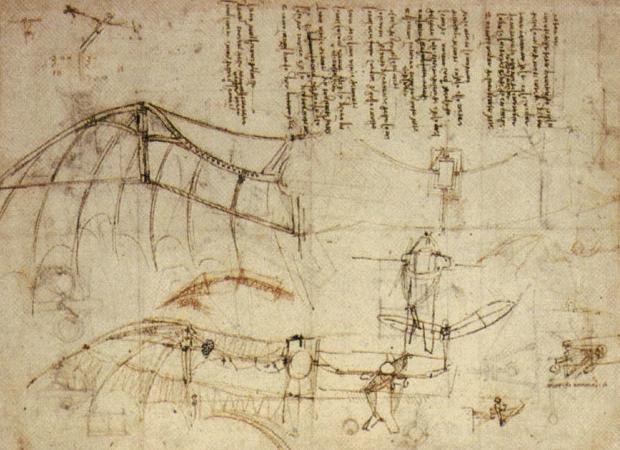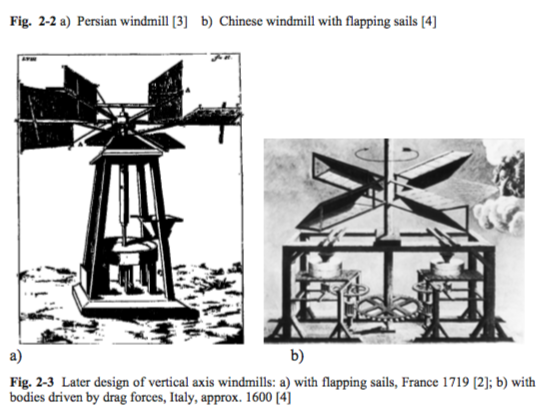Proof-of-(Idea)

Two Birds With One Stone
I'm one of those people that doesn't hate the dentist. In fact, I enjoy it. "Are you brushing at least twice a day?" Yes. "Are you flossing every night?" Yes. "Everything seems to be looking pretty good." I know.
I'm so comfortable in that space, in those ridiculous chairs that probably cost as much as a car that sometimes I fall asleep while there are steel devices prodding my teeth and gums.
The only exception to this is if I take a shower right before going to bed. I brush in the shower - 2 birds, one bath. I get out of the shower, habit takes over - I floss. I put on Blistex (liquid not the tube stuff). I'm done. I'm now allowed to sleep.
Birds of a Feather...
I had been using a 40 minute commute to fit in a couple Podcasts every work day - 2birds, one drive. Without a commute, I now count taking notes and recording thoughts during a Podcast as a writing activity to double up on my "listen to podcast" time.
And apparently, it inspires me to fly with those silly ideas and associations here until I can land on a fluid connection them all.
Paycheck or a pay raise?
I was listening to an episode of The Learning Leader. The guest was Jeff Goins, author of Real Artists Don't Starve. He was inspired to write the book after learning that Leonardo da Vinci was actually extremely wealthy in his lifetime. It turns out the famous Renaissance artist made his way on more than skill.
Goins presses that the ideal of the "starving artist" life is perpetuated by the individual's habits, not enforced by the world, and uses the example of establishing a work relationship on free work.
It will never lead to a balanced exchange - it is always more difficult for an employer to move from a non-existent payment to payment of anything, than it is to increase a payment of anything to something more.
Leonardo Da Vinci broke boundaries of the time period by demanding he be paid during his apprenticeship - 2brds, 1 stone. This standard seems to have accelerated as his life went on, leaving records of large bank accounts and property titles to his name.
0 to 60 vs 10 to 70
My first thought was car engines. Gas consumption is most rapid to move from a stop to any speed at all. Increasing speed from 35 to 45, or 45 to 55 improves gas milage. There are a myriad of research studies on driving habits and fuel efficiency, as well as the speeds at which certain engines or vehicles operate most efficiently. Energy!... physics classes!
In showering, I use a block of time. At night, I can complete the task of brushing my teeth in that same block, and ensure the next two steps of that habit. The inevitable momentum of having brushed my teeth is that I will floss and put on Blistex, regardless of any other motives I have consciously - 2Bs, 1 stn.
Building something out of nothing
To me, one of the coolest things Bitcoin did was unite the Past, Present and Future. People will always be making transactions - it's like a culture constant. The Bitcoin Whitepaper clarified a way to tack storage of all past transactions onto that infinite momentum. In transacting, the user is perpetuating an accurate history of the network. 2B, 1ledger
Really, it's more like blocking nothing onto something. A relationship is created that didn't exist before. Whatever a goal or idea is, it needs a vehicle or platform. The easiest way to put something in motion is to take something that works, something that's moving and has momentum, and piggyback! - until it can fly on its own.
Two animals, one goal
Flight. Leonardo da Vinci's drawings of flying machines replicated the structure of a bird. I would love to argue (after some wine) that airplanes most resemble Penguins, not that it matters - they just don't function like birds on the surface, yet still carry the DNA for wings inside.
Modern planes can take flight and sustain it by an airfoil wing design - the air on top is moving faster than the air passing below. Pretty simple - all flying birds' wings form some variation of this. The first evidence by humans using this concept is in windmills long before attempting to fly - between 500BC and 900BC - 2B 1wing
A Lift Up
The blades on a helicopter are its wings, each one an airfoil. Instead of flapping, they are spun to create a constant swing with great enough force for lift. Surprise! Helicopters were old news. The first windmills were horizontal 2B1idea

Planes have stationary wings. They mimic a bird that runs to gain momentum, reaching speeds of 150 to 180mph to create lift. The basic idea behind jet engines is actually older than the airfoil concept! aeolipiles - radial steam turbines, created in 150 BC B1idea
BIdea
Leonardo... more birds, fewer stones
Congratulations @wisexorfool! You received a personal award!
You can view your badges on your Steem Board and compare to others on the Steem Ranking
Do not miss the last post from @steemitboard:
Vote for @Steemitboard as a witness to get one more award and increased upvotes!
Congratulations @wisexorfool! You received a personal award!
Click here to view your Board